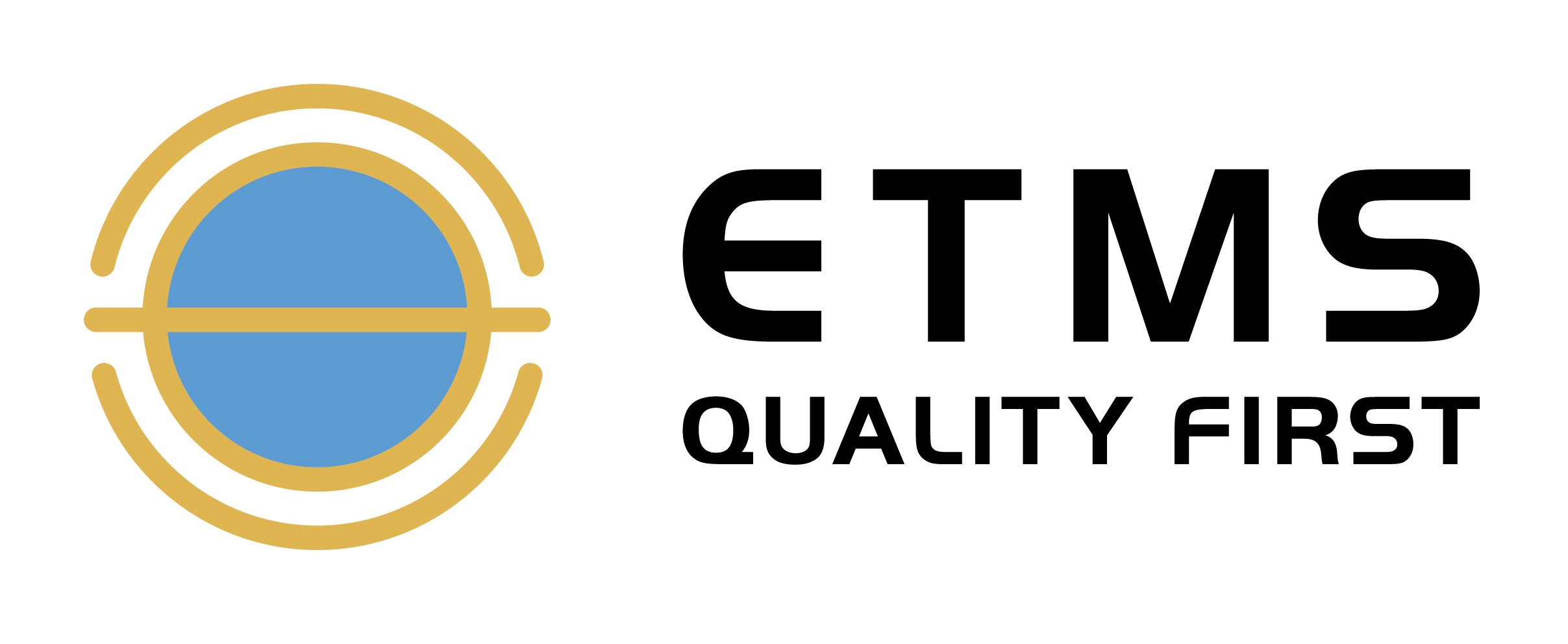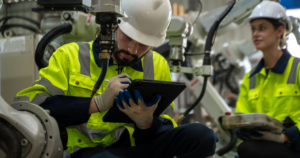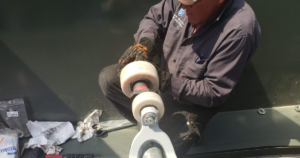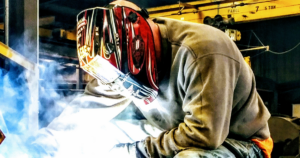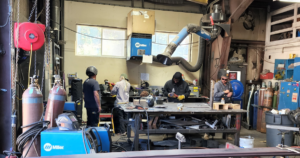Keep your structure intact and secure with regular structural weld inspections. Structural welds join steel components to create a rigid, load-bearing structure that can withstand the forces of nature and daily use. Ensuring the quality and integrity of these welds is crucial for the safety and longevity of the structure. This article will delve into the importance of structural weld inspections, the different types of inspections, and the relevant standards and certifications that govern this process.
The Significance of Structural Weld Inspections
One of the primary purposes of a structural weld inspection is to ensure that the welded connections meet the specified quality and safety requirements. This involves verifying the weld’s compliance with relevant codes and standards, which helps to minimize the risk of structural failure, accidents, and costly repairs.
Detecting Defects and Flaws and Maintaining Quality Control
Regular Structural weld inspections help maintain quality control by detecting defects or flaws in the welds that can compromise the integrity of the structure. These defects include cracks, porosity, inclusions, or improper joint penetration. Early detection allows for corrections before the issue escalates, saving time and resources. These inspections also ensure compliance standards are met.
Types of Structural Welding Inspections
Several distinct methods are used to assess the quality and integrity of welds in steel structures. Each method detects specific defects. Combining them allows professionals to evaluate the weld quality and ensure compliance.
Visual Inspections (VT)
Visual inspections are the most common and most cost-effective. They involve thoroughly examining the weld’s surface and assessing its size, shape, and appearance for visible defects. Visual inspections can detect cracks, surface porosity, and poor weld profiles. This method is often used as a preliminary inspection before resorting to more advanced methods.
Ultrasonic Testing (UT)
Ultrasonic testing is a non-destructive inspection method that utilizes high-frequency sound waves to detect defects. This technique can identify internal flaws like cracks, voids, and inclusions, as well as evaluate the depth and size of these defects. UT is particularly useful for detecting issues in thick, heavy steel components.
Testing (RT)
Radiographic testing involves the use of X-rays or gamma rays to create a radiographic image of the weld, revealing any internal defects. This method is highly effective in identifying hidden flaws. However, RT requires specialized equipment and can be more expensive and time-consuming than other inspection methods.
Magnetic Particle Testing (MT)
Magnetic particle testing is a non-destructive method that detects surface and near-surface defects in ferromagnetic materials. The inspector applies a magnetic field to the weld, and any discontinuity in the material will cause a leakage field, which is then revealed by applying fine magnetic particles. MT is particularly useful for detecting surface cracks, seams, and other linear defects.
The Role of Certified Welding Inspectors (CWI)
Certified Welding Inspectors (CWI) play a vital role in maintaining a structure’s safety and integrity. CWIs are responsible for verifying that welds comply with the applicable codes and standards, identifying defects, and recommending appropriate corrective actions. CWIs undergo rigorous training and certification through organizations like the American Welding Society (AWS) to ensure they have the necessary skills and knowledge to perform their duties effectively.
Relevant Standards and Certifications
The American Welding Society (AWS) provides guidelines and standards for structural welds, including AWS D1.1, which covers steel. This comprehensive document outlines the requirements for welding procedure specifications, welder qualifications, inspection procedures, and quality control.
The International Organization for Standardization (ISO) also provides standards related to welding, including ISO 3834, which specifies quality requirements for fusion welding of metallic materials. Compliance with these internationally recognized standards ensures that structural welding projects meet globally accepted best practices and quality criteria.
The American Institute of Steel Construction (AISC) develops guidelines and standards for the design, fabrication, and erection of steel structures. These include the AISC 360, also known as the Specification for Structural Steel Buildings, which outlines the requirements for welded connections in steel structures.
Why Choose ETMS
Structural weld inspections are an essential aspect of ensuring the safety, compliance, and longevity of buildings and other infrastructure projects. By adhering to relevant standards, employing certified inspectors, and leveraging advanced inspection techniques, construction professionals can ensure the integrity of welded connections and minimize the risk of structural failures.
Our team of certified professionals is trained on the latest advancements in inspection technology and methods to provide the most comprehensive and reliable services in the industry. When you choose ETMS, you invest in the safety and integrity of your structure, securing your project’s success.
